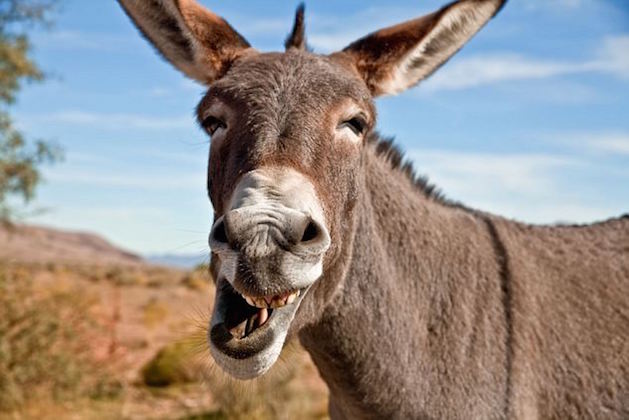
A BRIEF NOTE: Gideon likes grapes.
He owns a wine-press.
He refers to his deeds as ‘the vintage of Abiezer’ (בציר אביעזר) (since he’s an Abiezrite).
He refers to the Ephramites’ deeds as ‘grapes gleaned’ (עללות) from a grape harvest.
He owns a wine-press.
He refers to his deeds as ‘the vintage of Abiezer’ (בציר אביעזר) (since he’s an Abiezrite).
He refers to the Ephramites’ deeds as ‘grapes gleaned’ (עללות) from a grape harvest.
And he’s able to rustle up 300 jars (כדים) at fairly short notice,
quite possibly because they come from his wine-press.
(The Akkadian term «kandu» often designates an earthenware vessel for wine, which would fit Gideon’s narrative and explain the dagesh in כַּדִּים.)
quite possibly because they come from his wine-press.
(The Akkadian term «kandu» often designates an earthenware vessel for wine, which would fit Gideon’s narrative and explain the dagesh in כַּדִּים.)
The big question is,
If you’re Gideon, what do you call your servant (נער) who works at your wine-press?
Simple: you call him ‘Purah’,
since Hebrew פּוּרָה denotes a winepress,
and Hurro-Urartian *«pōra-» denotes a servant,
If you’re Gideon, what do you call your servant (נער) who works at your wine-press?
Simple: you call him ‘Purah’,
since Hebrew פּוּרָה denotes a winepress,
and Hurro-Urartian *«pōra-» denotes a servant,
hence names like Pura-Kuš and Puri-Išḫara are attested at Taanach, only a few miles away from your hometown (Ophrah).
@lettlander might help us out with «Pu-ri-{d}IŠKUR», attested at Ugarit (though if he disagrees with me, he should be ignored).
• • •
Missing some Tweet in this thread? You can try to
force a refresh









